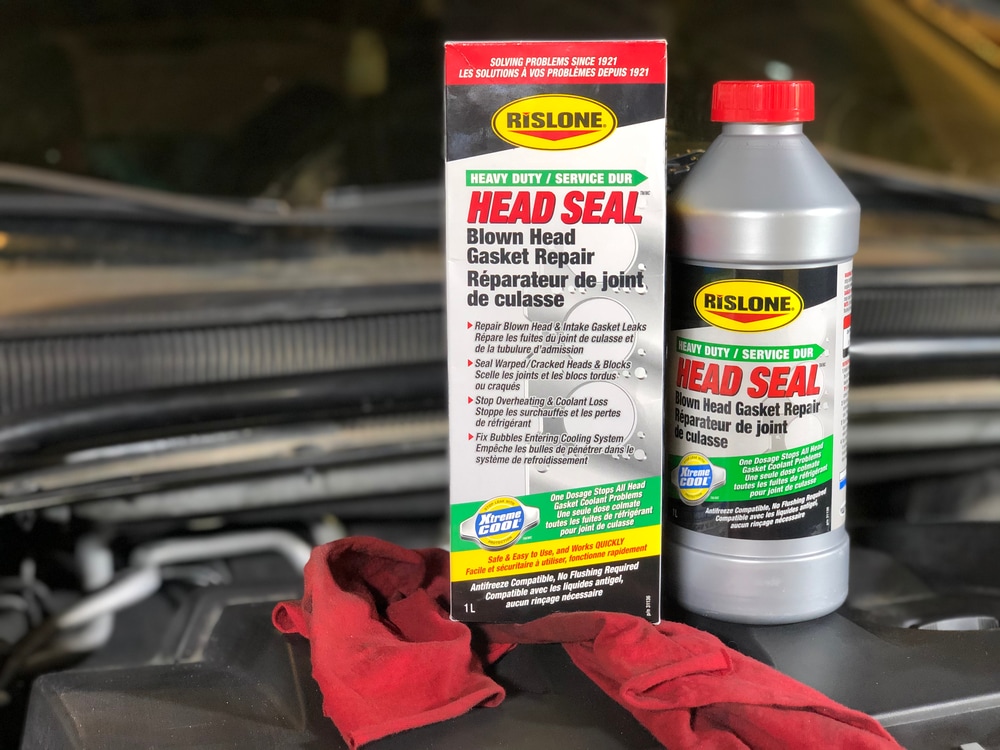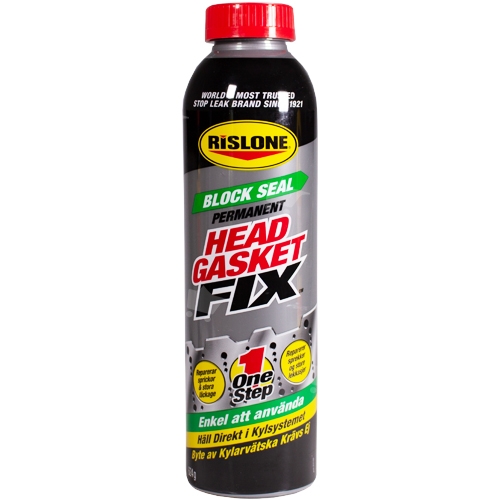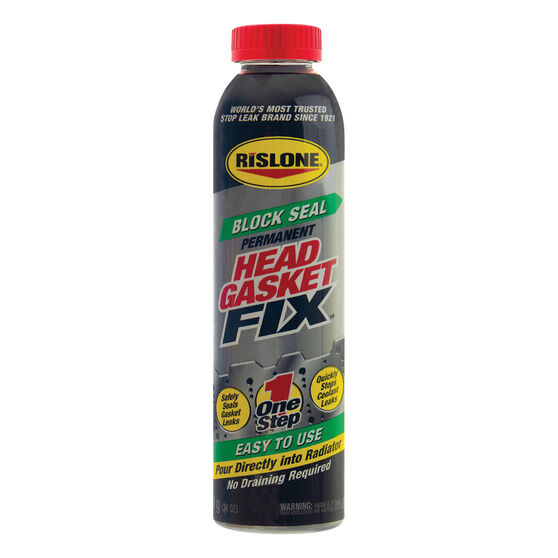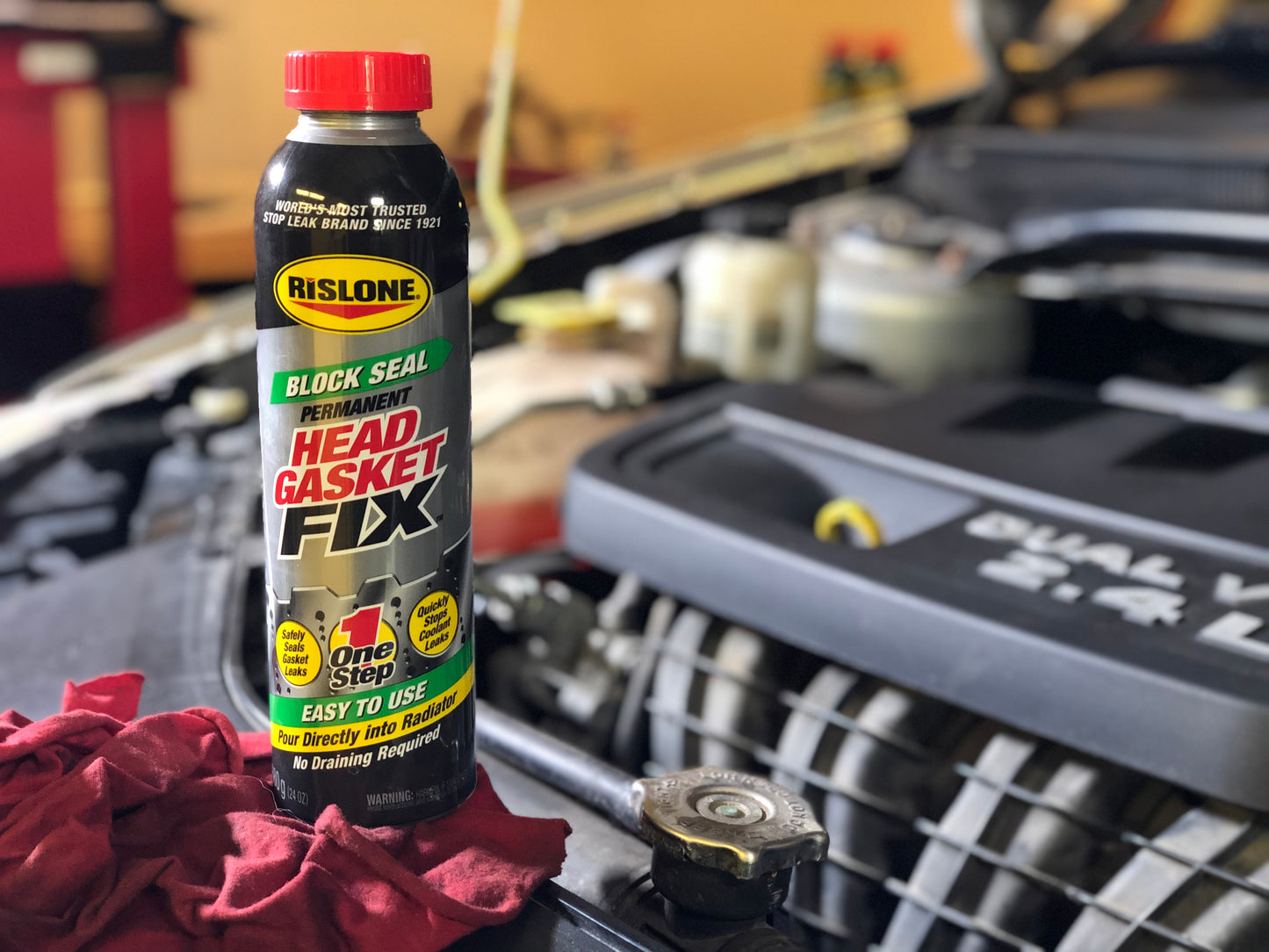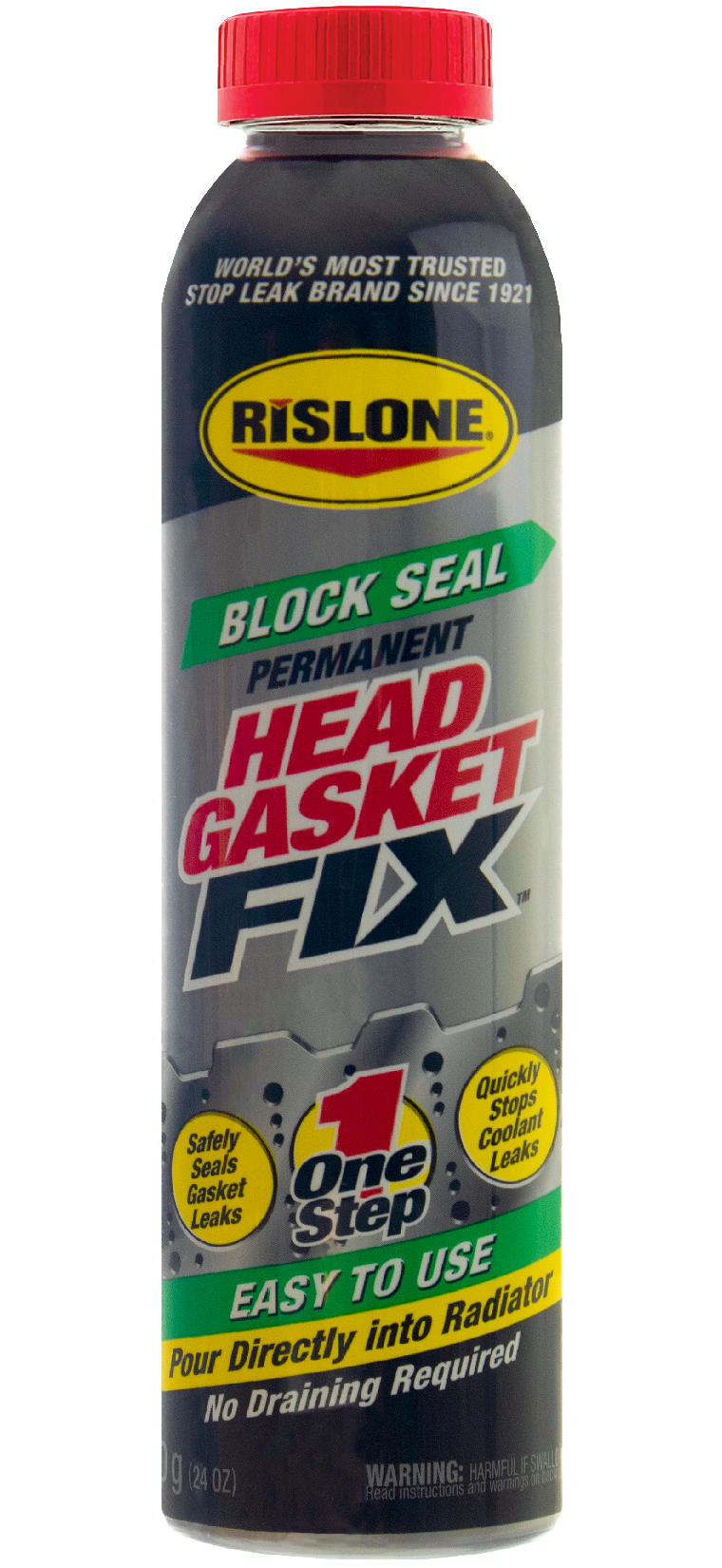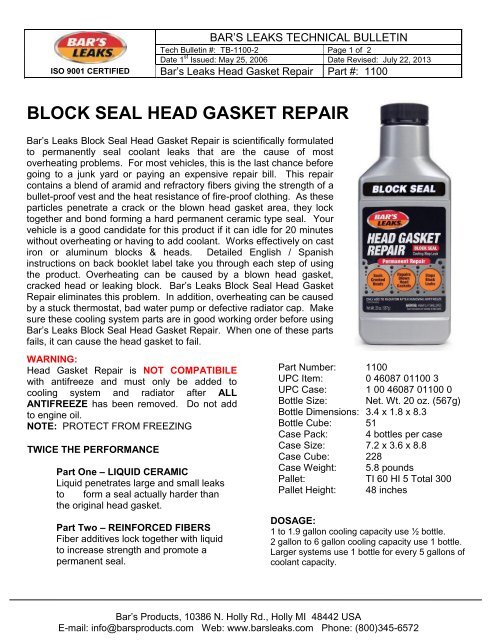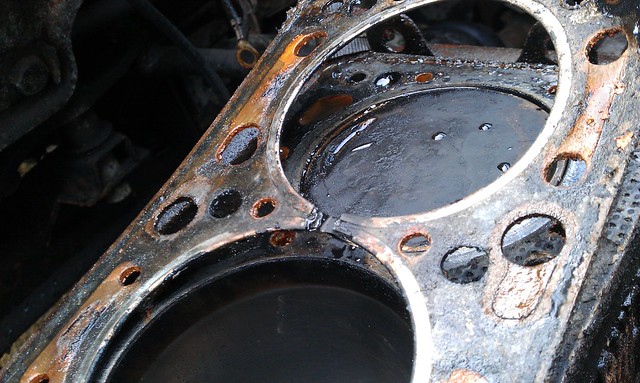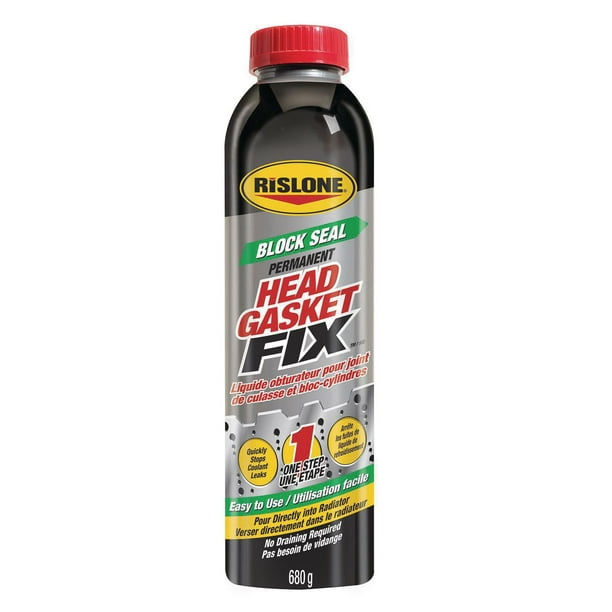Rislone Head Seal Blown Head Gasket Repair
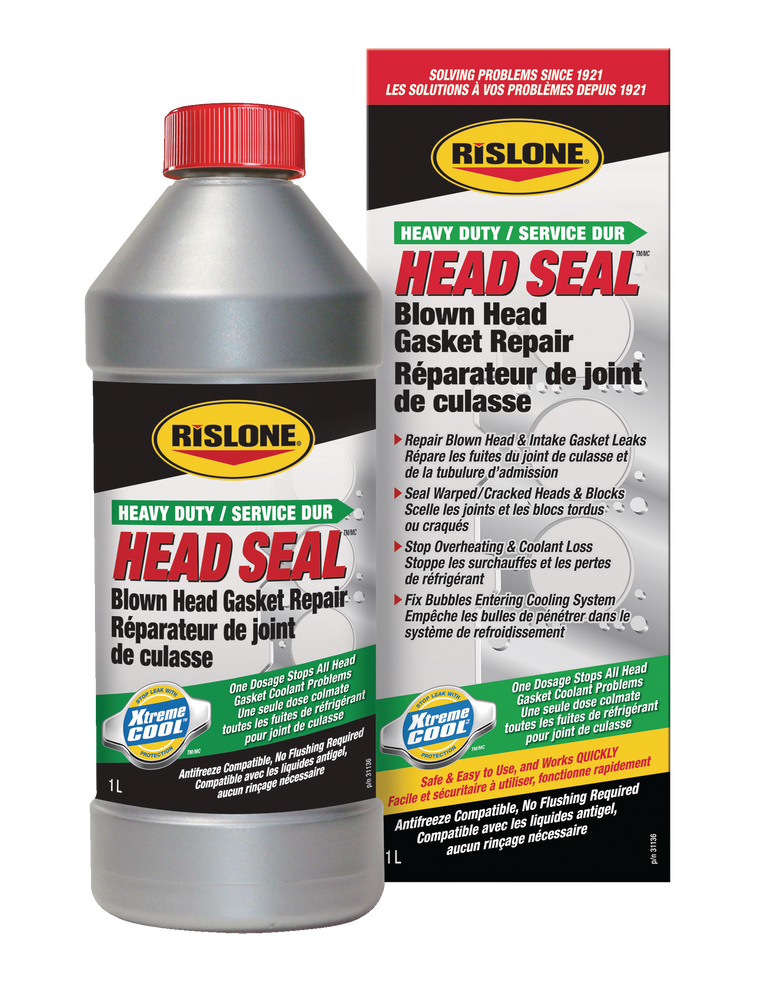
The automotive aftermarket is buzzing with both enthusiasm and skepticism regarding the effectiveness of sealant products designed to repair blown head gaskets. Among the most discussed is the Rislone Head Seal Blown Head Gasket Repair, a chemical solution marketed as a cost-effective alternative to traditional mechanical repairs.
The product promises to seal leaks in head gaskets, preventing coolant from entering the combustion chamber or oil passages. But how well does it work, and what are the potential risks?
What is Rislone Head Seal?
Rislone Head Seal Blown Head Gasket Repair is a chemical formula designed to stop coolant leaks and seal blown head gaskets. It works by forming a permanent seal in the damaged area, theoretically preventing further leakage.
According to the manufacturer, the product is compatible with all types of antifreeze and safe for use in gasoline and diesel engines. The key ingredient is a blend of silicate and other sealing agents.
How Does it Work?
The product is introduced into the cooling system, typically by pouring it into the radiator or coolant reservoir. As the engine runs, the sealant circulates throughout the system.
When it encounters a leak, the sealant particles are drawn into the gap by the pressure differential and heat, forming a seal. This process aims to block the passage and prevent further coolant loss.
Effectiveness: A Mixed Bag
Customer reviews and expert opinions on the effectiveness of Rislone Head Seal are decidedly mixed. Some users report successful repairs, citing a noticeable reduction in coolant loss and improved engine performance.
Others report limited or no improvement, with some even experiencing negative side effects such as clogged radiators or thermostats. These conflicting reports highlight the variability of the product's success.
It's crucial to note that the severity and location of the head gasket leak play a significant role in the product's potential effectiveness. Minor leaks may be more amenable to repair than larger, more widespread damage.
Potential Risks and Drawbacks
While Rislone Head Seal offers a potentially cheaper and faster alternative to mechanical repairs, it's not without its risks. One of the primary concerns is the potential for clogging in the cooling system.
The sealant particles, if used in excessive amounts or in systems with pre-existing issues, can accumulate in radiators, heater cores, and thermostats, restricting coolant flow and leading to overheating.
Furthermore, relying solely on a sealant may mask underlying engine problems that require more comprehensive attention. Delaying proper mechanical repairs can potentially lead to more extensive and costly damage in the long run.
Expert Opinions and Recommendations
Many mechanics and automotive experts advise caution when using sealant products like Rislone Head Seal. They emphasize the importance of proper diagnosis and addressing the root cause of the problem.
While a sealant might provide a temporary fix, it's not a substitute for a thorough inspection and repair by a qualified technician. Furthermore, the use of sealants may complicate future repairs, as they can make it more difficult to properly clean and diagnose the engine.
Before using any sealant product, it's recommended to consult with a mechanic to assess the severity of the leak and determine the best course of action. In some cases, a sealant may be a viable option, but in others, mechanical repair is the only reliable solution.
The Bottom Line
Rislone Head Seal Blown Head Gasket Repair, like other sealant products, presents a mixed bag of potential benefits and risks. While it may offer a temporary solution for minor head gasket leaks, it's not a guaranteed fix and carries the potential for negative side effects.
Consumers should carefully weigh the pros and cons, consult with automotive professionals, and consider the long-term implications before using this type of product. A proper diagnosis and informed decision-making are crucial to ensure the health and longevity of their vehicles.
